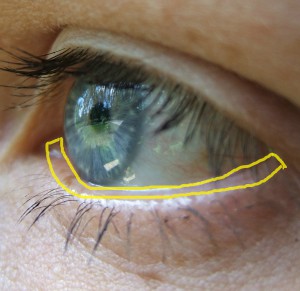Part 3 of 3.
The devoted fan or adamantly apathetic’s defense against the criticism of fiction is generally is along one or more of three veins.
- It’s just fiction and exists merely to entertain. There is no need to take it so seriously.
- The adaptation of this fiction cannot be blamed for elements that are true to its source material.
- It’s fiction and is not meant to be a political statement / politically correct.
The last one, like the first, is intended to stop people from criticizing at all. Unlike the first, it isn’t entirely disingenuous. Regardless, the argument is invalid for one simple reason: A lack of overt political messaging does not mean that a work of fiction has no messages and is therefore “neutral.” Continue reading ““Neutrality” Is Political: Defending the Criticism of Fiction”


